T4K3.news
NFL expands inclusivity with male cheerleaders
The Vikings join a growing trend as men join NFL cheer squads, signaling a shift in sideline culture.
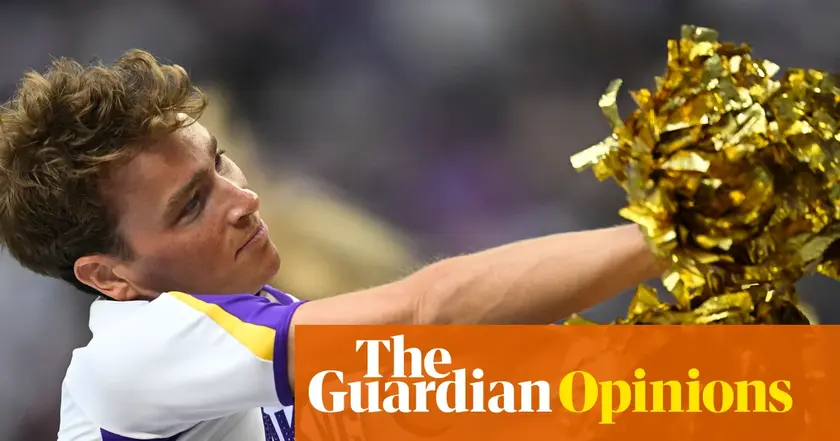
A controversy over masculinity surfaces as NFL teams broaden sideline squads to include men.
Male cheerleaders push the NFL toward inclusivity
The Minnesota Vikings introduced a 35-member cheer squad that includes two male performers, Blaize Shiek and Louie Conn, in a promotional video proclaiming a new generation of cheer. This mirrors a league trend: by 2025, at least 11 NFL teams feature male cheerleaders, a milestone the Rams first set in 2018 with Quinton Peron and Napoleon Jinnies, who later performed at the Super Bowl in 2019. The Vikings note that Shiek and Conn earned their spots through the same competitive process as other squad members, underscoring fairness and merit.
From the locker room to the stands, discussions around this change center less on talent and more on presence. A former NFL player recalls how the day-to-day work is about football not fashion, but adds that cheerleaders serve the fans and should reflect all fans. The backlash seen online, including homophobic slurs, illustrates a broader debate about visibility and who gets to be seen in the stadium. The core argument is not about performance; it is about whether a modern game can welcome a more inclusive sideline culture.
Key Takeaways
"As of the 2025 season, at least 11 NFL teams include male cheerleaders on their official squads"
Factual confirmation of league trend
"The backlash is less about performance and more about visibility"
Editorial assessment
"Sport is used to draw lines around what’s American and man enough"
Highlight from the broader critique
"Shiek and Conn earned their spots through the same competitive process"
Factual detail reinforcing fairness
The reaction exposes cultural fault lines. Visibility of men in cheer roles challenges long-held norms about masculinity and the identity of the American game. Critics often cloak their stance as tradition, but the drive is really about power and who defines the public face of football.
Sport has a social function beyond competition. Expanding inclusivity on the sidelines can broaden audiences, attract new sponsors, and align the league with contemporary values. The Vikings’ defense of a merit-based selection suggests a path forward, but teams will need careful messaging to balance tradition with progress and to prevent backlash from undermining the gains.
Highlights
- Masculinity is not fixed, it shows up in the stadium
- Let the stadium reflect every fan who fills the stands
- This moment isn’t isolated it’s part of a broader cultural backlash
- Cheerleaders are there for the fans not for the players
Backlash over gender inclusivity in the nfl
The growing presence of male cheerleaders taps cultural sensitivities about gender and public representation. The debate can spill into budget considerations, sponsorship choices, and political discourse, risking reputational harm if backlash intensifies.
The stands will decide how fast inclusivity travels from sideline to spotlight.
Enjoyed this? Let your friends know!
Related News
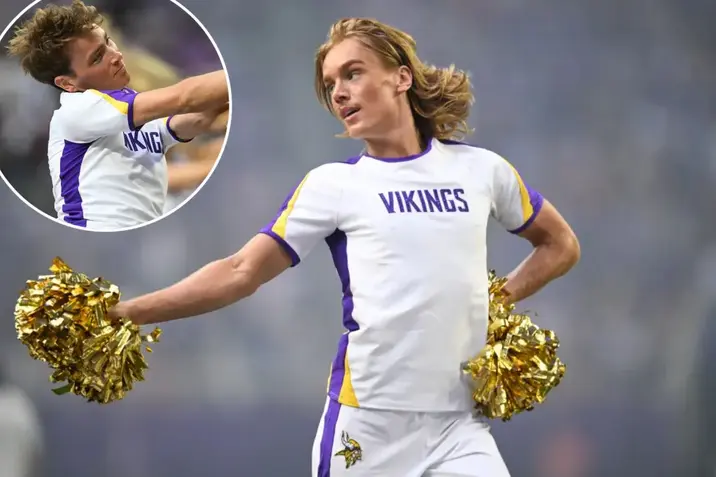
Vikings defend male cheerleaders amid backlash
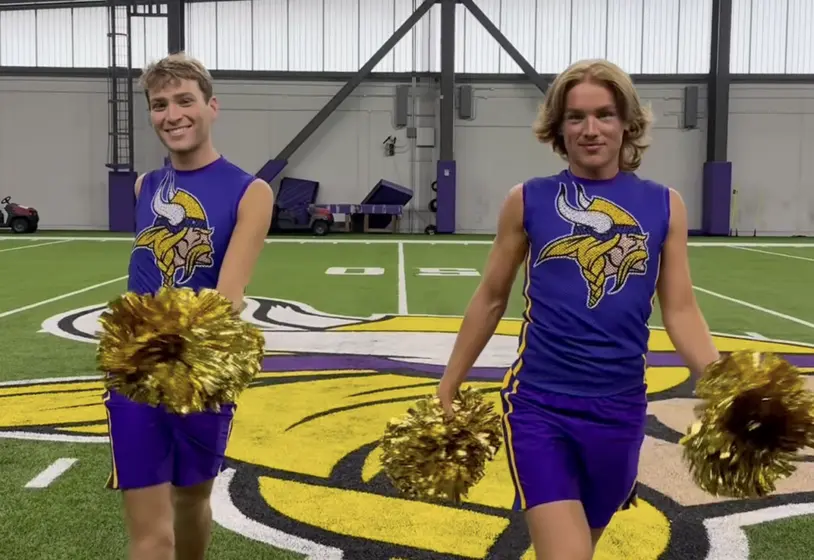
Sports culture under political spotlight
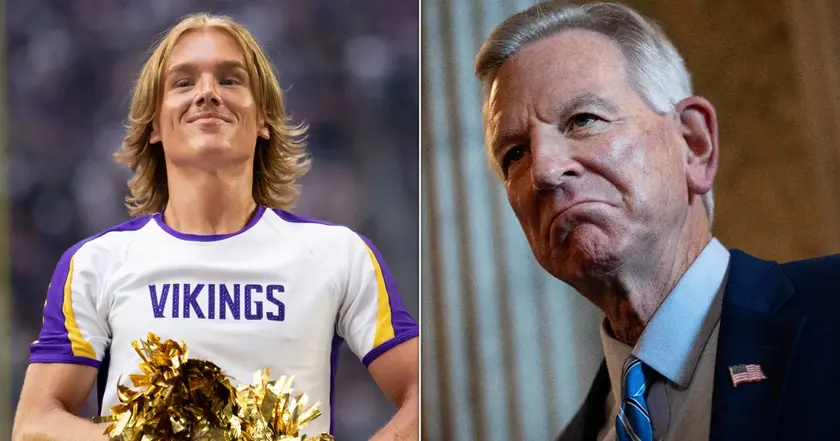
Tuberville stance on male cheerleaders stirs backlash
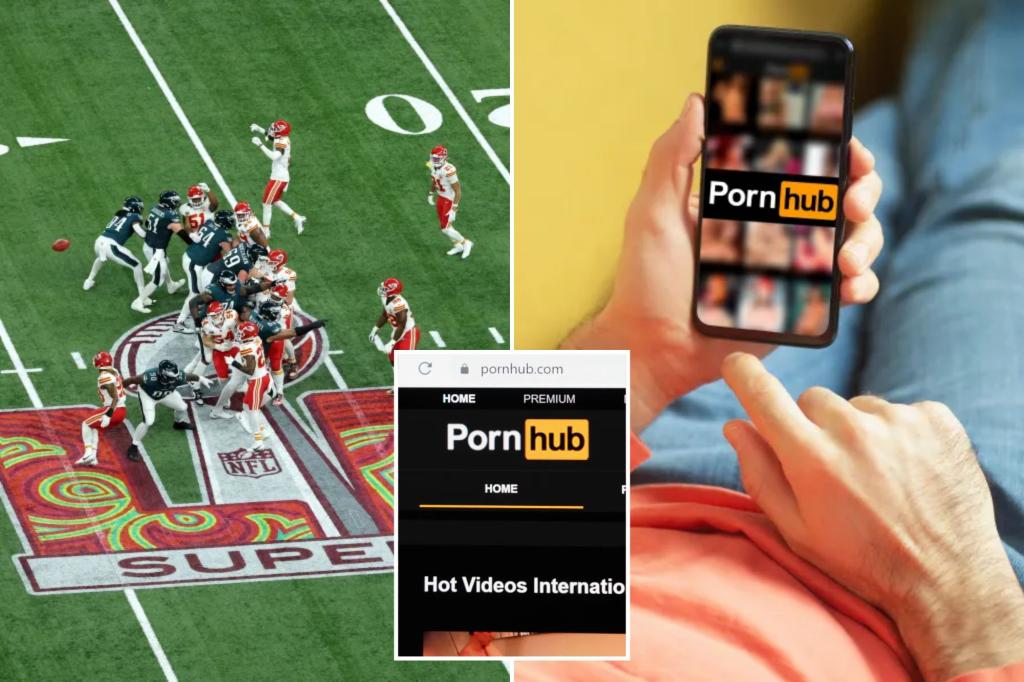
Steamy searches surged during Super Bowl 2025
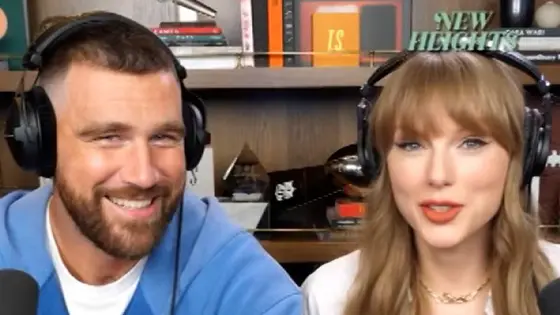
Swift film and album buzz grows with New Heights appearance
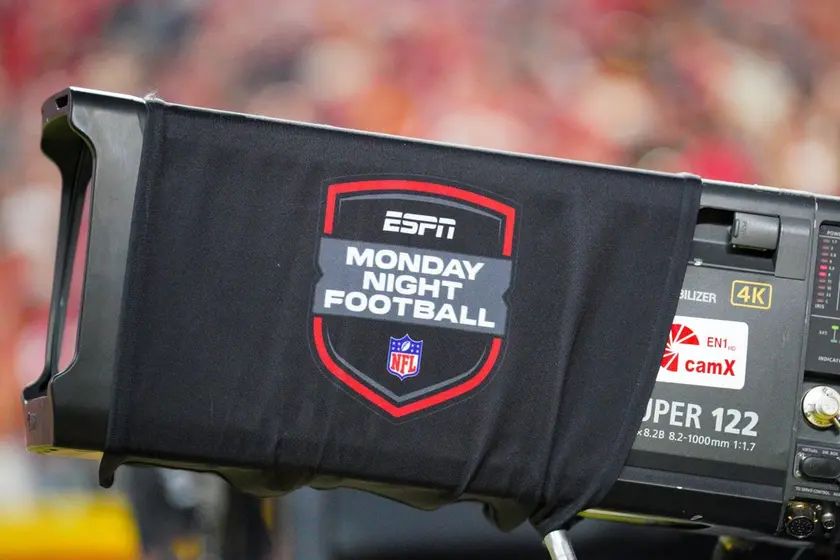
ESPN secures NFL and WWE broadcasting rights
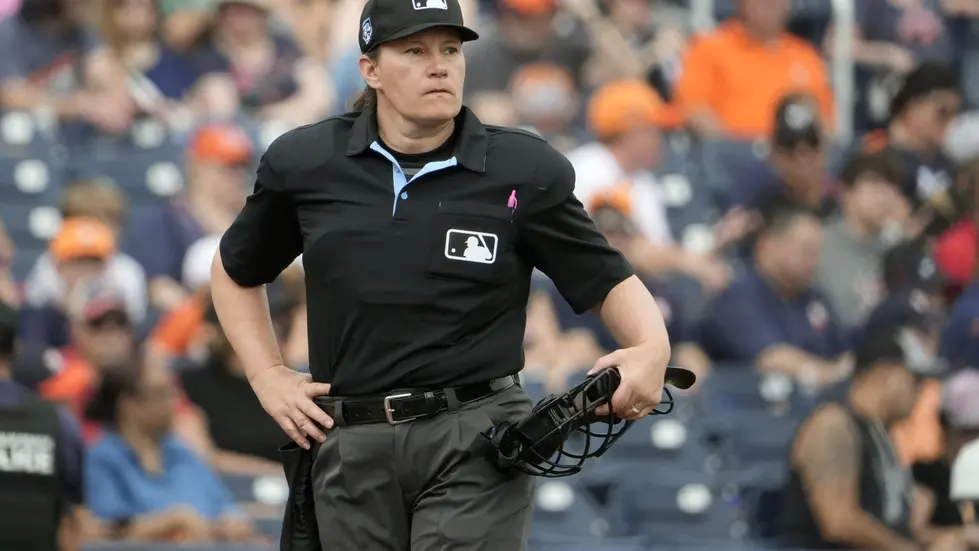
Jen Pawol makes MLB history as first female umpire
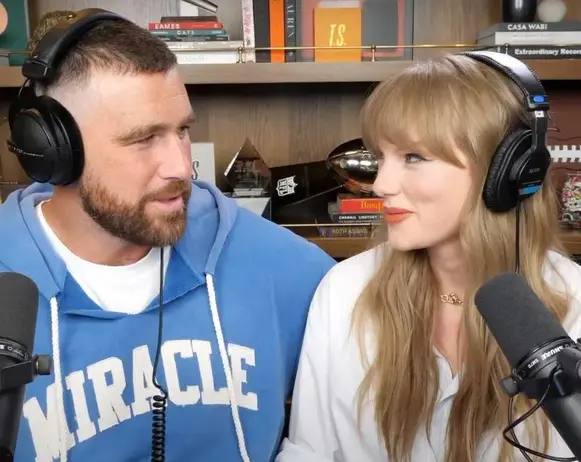
Swift episode sets new marks in cross platform influence
